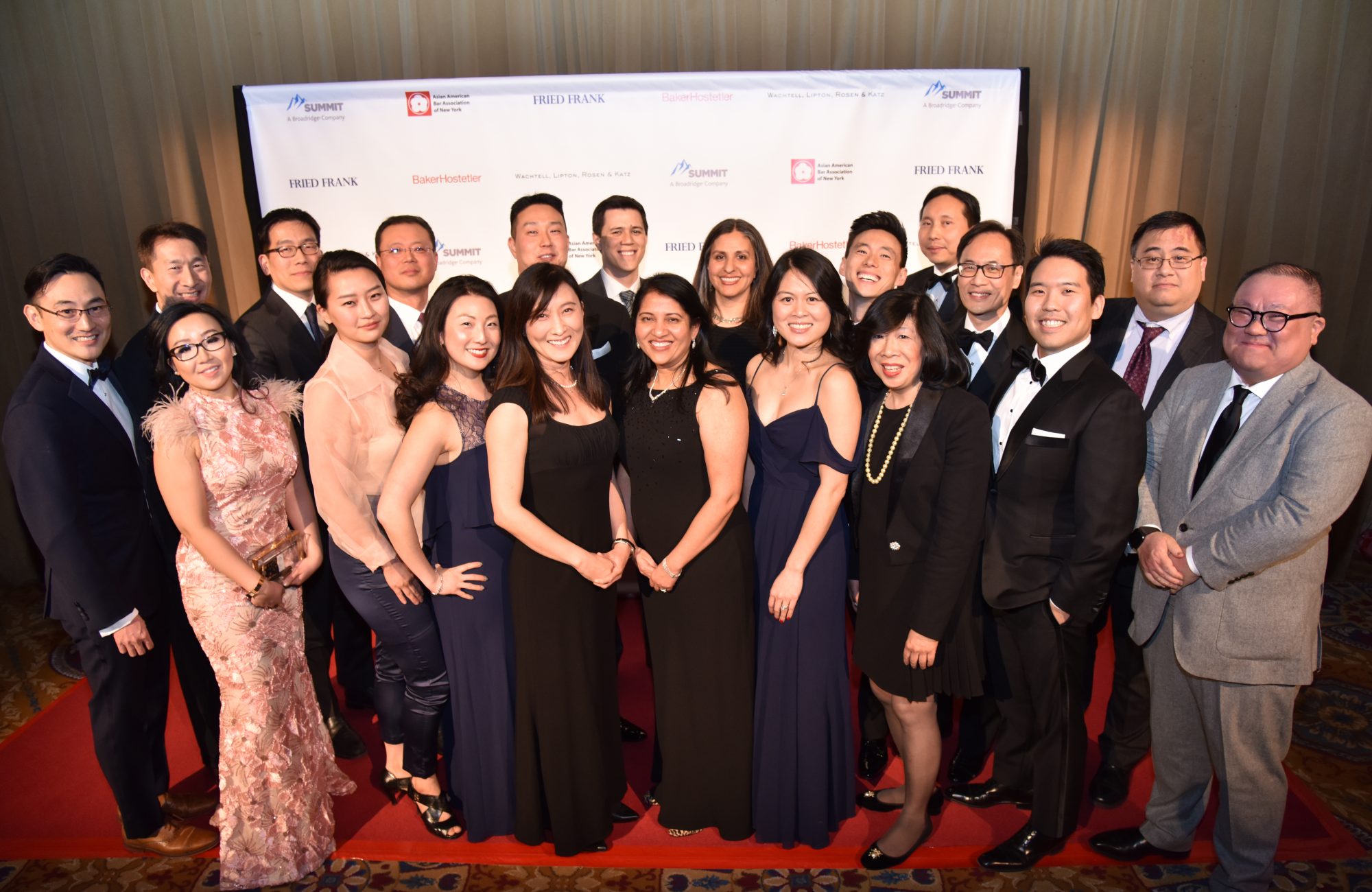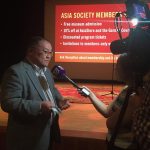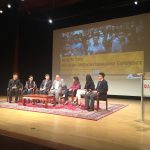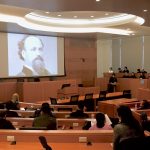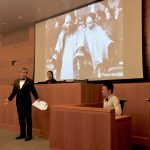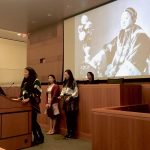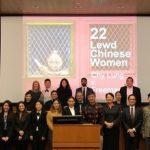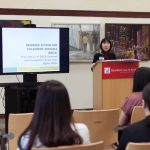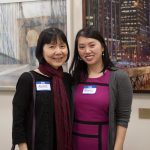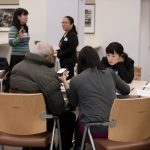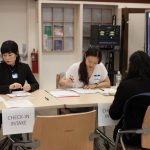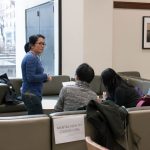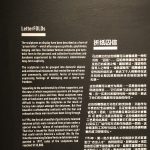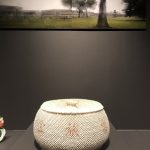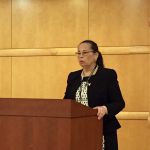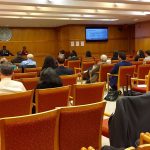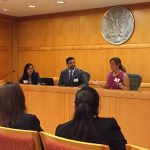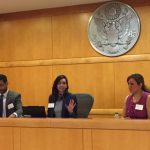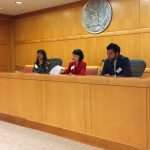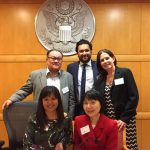News Release
For Immediate Release
April 21, 2017
For More Information, Contact:
Brett Schuster, Communications Manager
[email protected], 202-775-9555
NAPABA and California Asian Pacific American Bar Associations Share
Chief Justice Cantil-Sakauye’s Concerns on Access to Justice
WASHINGTON — The National Asian Pacific American Bar Association (NAPABA) and 21 of its California-based affiliates join California Supreme Court Chief Justice Tani Cantil-Sakauye in expressing concern over the arrests of individuals by U.S. Immigration and Customs Enforcement officers at California state courts and the impact of these arrests on the administration of justice.
“NAPABA and Asian Pacific American lawyers in California share Chief Justice Cantil-Sakauye concerns over the arrest of individuals for immigration-related violations at courthouses,” said NAPABA President Cyndie M. Chang. “Our legal system is based on the idea that our courts are open to every person who seeks redress and due process. Our courts are not able to fulfill their fundamental role when victims and witnesses fear coming to the courthouse. Public safety is ultimately damaged when the administration of justice is thwarted.”
As organizations representing lawyers committed to the fair administration of justice and open access of the courts, we remain concerned that individuals may be deterred from participating in our legal system out of fear of arrest based on their immigration status. Our courts must be able to hear and obtain all evidence to fairly adjudicate the disputes and questions before them, including from undocumented individuals.
During her State of the Judiciary Address, the Chief Justice stated: “…when we hear of immigration arrests and the fear of immigration arrest in our state courthouses, I am concerned that that kind of information trickles down into the community, the schools, the churches, the families and people will no longer come to court to protect themselves or cooperate or bear witness.”
She made these points in a letter to U.S. Attorney General Jeff Sessions and Secretary of Homeland Security John Kelly expressing her concern “…about the impact on public trust and confidence in our state court system.”
The following Asian Pacific American bar associations join in this statement:
- National Asian Pacific American Bar Association
- Asian American Bar Association of the Greater Bay Area
- Asian American Prosecutors Association
- Asian Americans Criminal Trial Lawyers Association
- Asian Pacific American Bar Association – Los Angeles
- Asian Pacific American Bar Association – Solano County
- Asian Pacific American Bar Association of Silicon Valley
- Asian Pacific American Women Lawyers Alliance
- Asian/Pacific Bar Association of Sacramento
- Filipino American Lawyers of San Diego
- Filipino Bar Association of Northern California
- Japanese American Bar Association
- Korean American Bar Association of Northern California
- Korean American Bar Association of Southern California
- Orange County Korean American Bar Association
- Pan Asian Lawyers of San Diego
- South Asian Bar Association of Southern California
- South Asian Bar Association of Northern California
- South Asian Bar Association of San Diego
- Southern California Chinese Lawyers Association
- Taiwanese American Lawyers Association
- Vietnamese American Bar Association of Northern California
For more information, the media may contact Brett Schuster, NAPABA communications manager, at 202-775-9555 or [email protected].
The National Asian Pacific American Bar Association (NAPABA) is the national association of Asian Pacific American attorneys, judges, law professors, and law students. NAPABA represents the interests of almost 50,000 attorneys and approximately 75 national, state, and local Asian Pacific American bar associations. Its members include solo practitioners, large firm lawyers, corporate counsel, legal services and non-profit attorneys, and lawyers serving at all levels of government.
NAPABA continues to be a leader in addressing civil rights issues confronting Asian Pacific American communities. Through its national network of committees and affiliates, NAPABA provides a strong voice for increased diversity of the federal and state judiciaries, advocates for equal opportunity in the workplace, works to eliminate hate crimes and anti-immigrant sentiment, and promotes the professional development of people of color in the legal profession.
To learn more about NAPABA, visit www.napaba.org, like us on Facebook, and follow us on Twitter (@NAPABA).
National Asian Pacific American Bar Association | 1612 K St. NW, Suite 510 | Washington, D.C. 20006 | www.napaba.org
